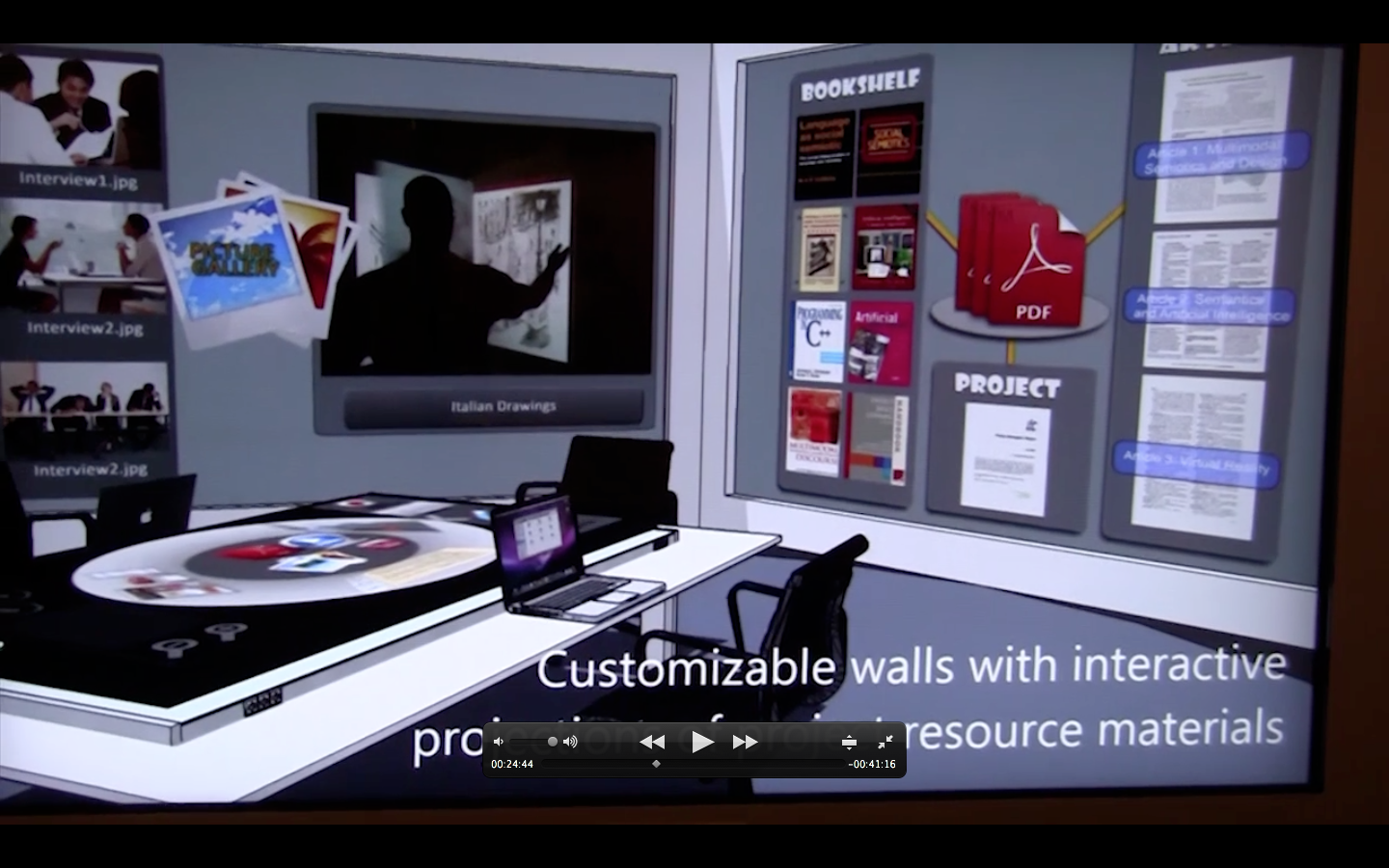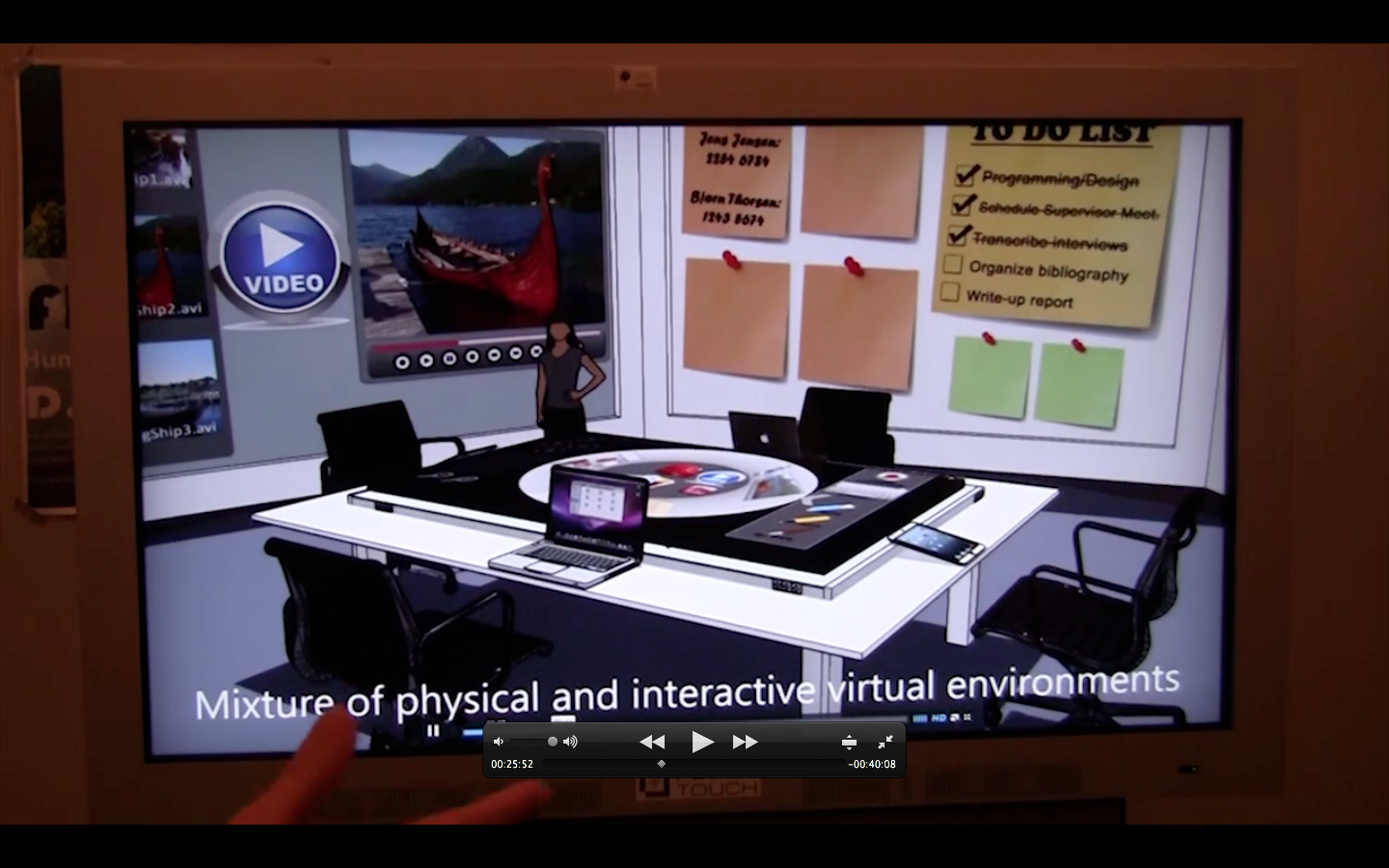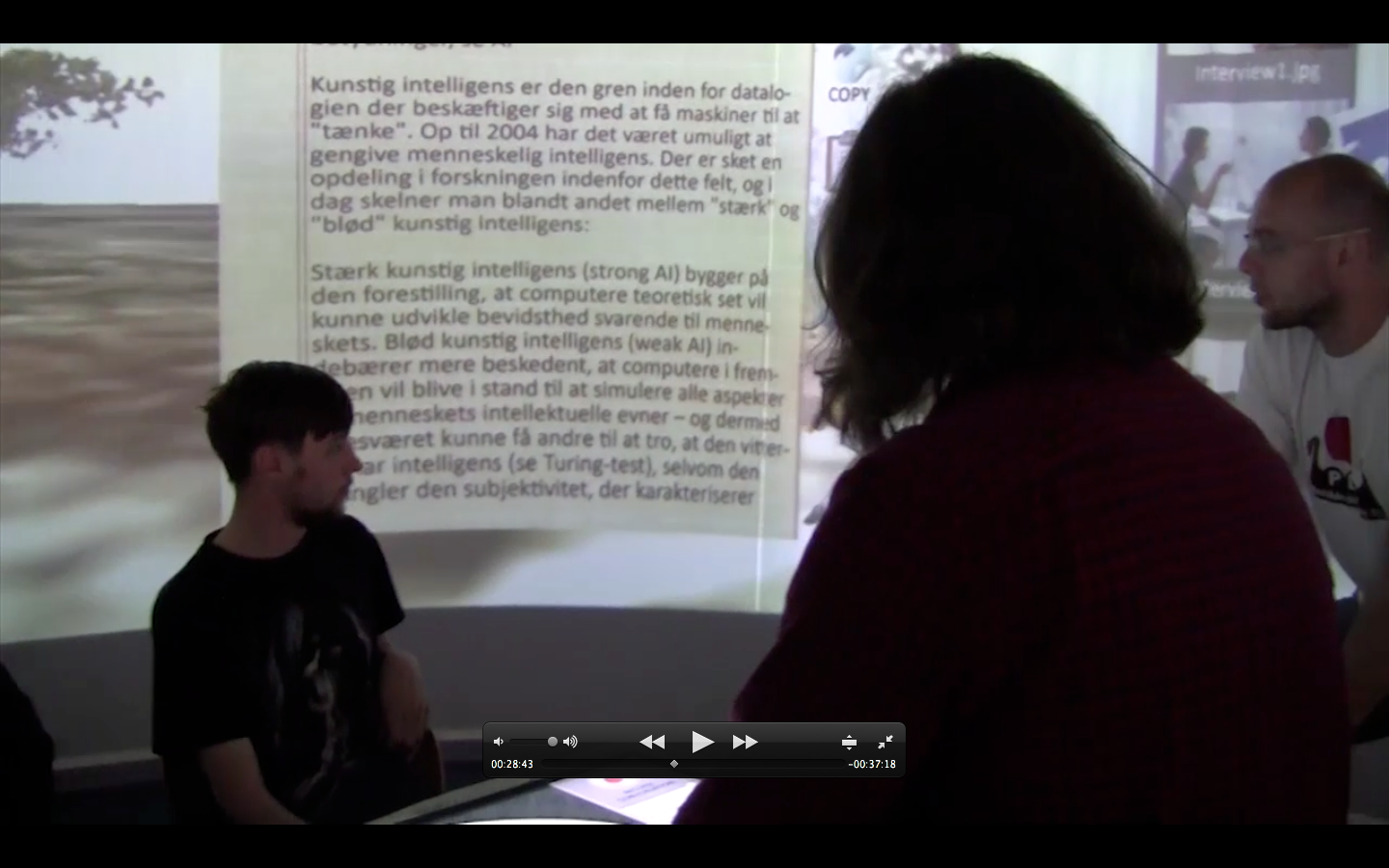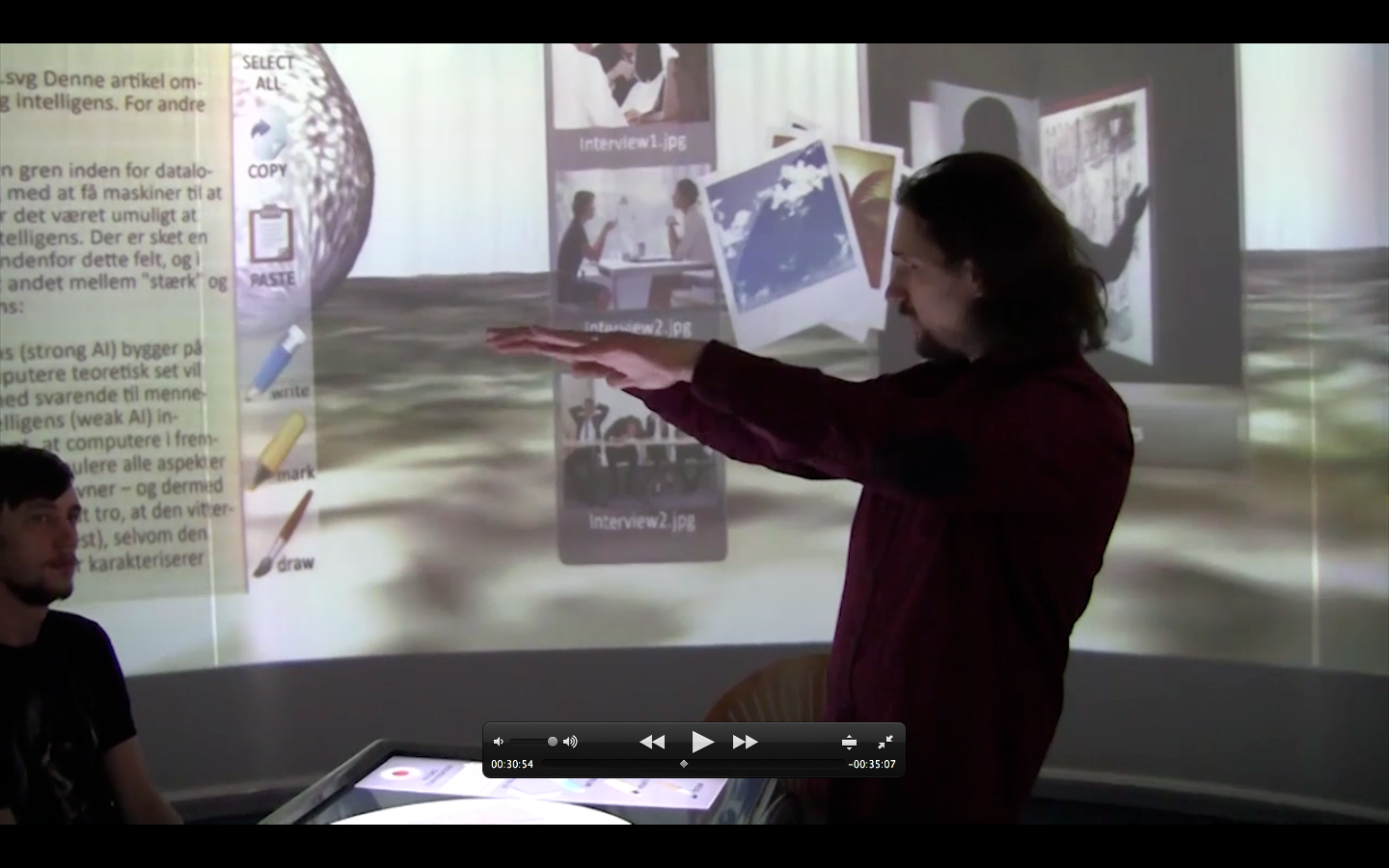Fabrizio Crisafulli, Professor at the Academy of Fine Arts in Rome, is conferred doctor honoris causa at Roskilde University’s annual celebration Sept. 18th 2015. In Experience Lab we look forward to further develop our collaboration with Fabrizio Crisafulli.
***
Professor Fabrizio Crisafulli delivers his inaugural lecture on Sept. 21st at 1.00 PM in Aud. 25 (25-2.035), Roskilde University. Following the lecture, the CBIT department hosts a reception at 2:00 PM in room 42-3.29.
***
Public evening lecture by Fabrizio Crisafulli at Roskilde Library, September 21, at 6:30 PM
Dronning Margrethes Vej 14, 4000 Roskilde.
***
Theatre of Places (abstract, doctoral lecture):
Theatre of places’ is a project centred on taking an actual site as the ‘script’ for the performance, as a starting point from which the work takes shape, as the ‘world’ (made up of people, shapes, memories, spaces, objects, noises) the theatre company takes as the initial relational context. It recognises that locations are imbued with memories and peoples’ lives, as well physical raw material, that are embraced and involved into the process. Therefore, location is considered not merely as a setting for performance, but something integral to the total experience, and a way of informing work’s constituents: body, word, movement, sound, light, technology. The collective identity of place is at the core of the work. The performance is rooted in site and the latter is transformed into a new place of visions which tries to arouse desires and projects related to the site itself. At present when physical spaces, and the relations that take place within them, have been weakened by the advent of new, immaterial forms of relations, such as the Internet and the social networks, this kind of artistic work which focuses on reality becomes more necessary, in order to search for new forms of belonging and a new balance between the real and the virtual.
Fabrizio Crisafulli will talk about his “Theatre of Places” project, which he carries on for over twenty years, describing his works with the help of pictures and films.
Organic light (abstract, public lecture):
About his way of conceiving stage lighting design, Fabrizio Crisafulli wrote: “A guideline for my theatre work is that on stage light should take on a role which is similar to that of natural light in the world. The issue isn’t imitating natural light, but rather the ability of light to become a vital substance in theatre, even in its most abstract interpretation. An essential, primary and generative element. Light could free itself from the effect-producing and illustrative role, and the layout function, prepared in the final days of rehearsals, where standard practice often relegates it, and which hardly work with theatre’s ability to echo reality. Another conviction I have, which has been reinforced with experience, concerns the need to overcome two quite common misconceptions about lighting practices in the theatre. The first is that stage lighting belongs to an eminently technical sphere, the second is that it belongs to an eminently visual sphere. I think that the fundamental qualities of light in terms of the theatre lie in its ability to mould space and time, action and dramatic construction”. Fabrizio Crisafulli will talk about these issues, describing his works with the help of pictures and films.




